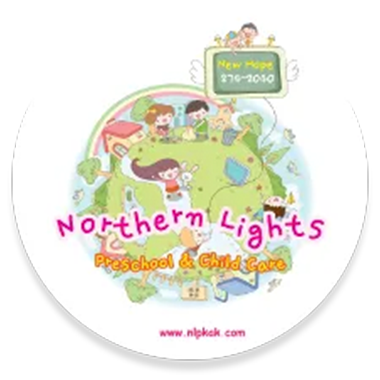
Enrolling a child with developmental delays in preschool offers a nurturing environment that fosters growth across various domains. Early socialization and structured activities can significantly enhance their development, laying a strong foundation for future learning and interactions.
Enhancing Social Skills Through Interaction
Children with developmental delays often face challenges in social interactions. Preschool provides a structured setting where they can engage with peers, learning essential skills such as communication, sharing, and turn-taking. These interactions build confidence and promote the development of meaningful relationships.
Benefits of Sensory Play
Sensory play is integral to preschool curricula and is particularly beneficial for children with developmental delays. Activities like finger painting, playing with playdough, or exploring sensory bins help children process sensory information more effectively. This engagement aids in emotional regulation and enriches their sensory experiences.
Individualized Attention and Support
One-on-one interactions with teachers and caregivers allow for personalized attention tailored to each child’s unique needs. Educators can develop individualized learning plans focusing on specific goals, such as enhancing communication abilities, refining fine motor skills, and boosting cognitive development.
Selecting the Right Preschool Program
Choosing an appropriate preschool involves careful consideration of the child’s specific requirements. It’s important to discuss the child’s diagnosis, strengths, challenges, and necessary accommodations with potential providers. Inquiring about the staff’s experience with developmental delays, their qualifications, and the availability of specialized services like speech or occupational therapy ensures the child receives comprehensive support.
Collaborative Approach for Holistic Development
Open communication between parents and preschool providers is crucial. Collaborating to create a supportive and inclusive learning environment enables children with developmental delays to thrive. By advocating for the child’s needs and working closely with educators, parents can help facilitate significant developmental progress.
Preschool serves as a foundational experience for children with developmental delays, offering opportunities for social interaction, sensory engagement, and individualized learning. By carefully selecting a suitable program and fostering collaboration with educators, parents can provide their children with the tools and support necessary for meaningful growth and development.
